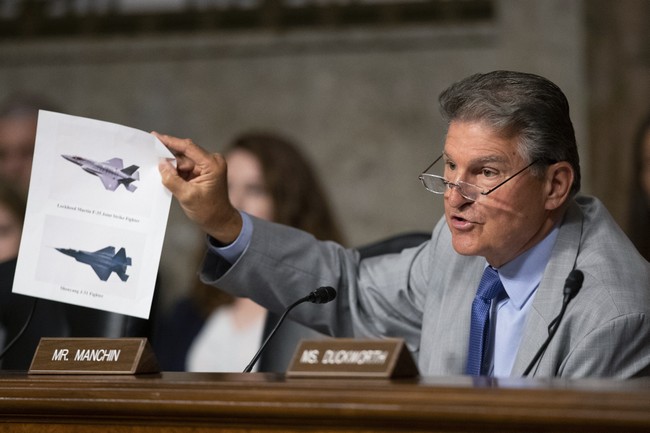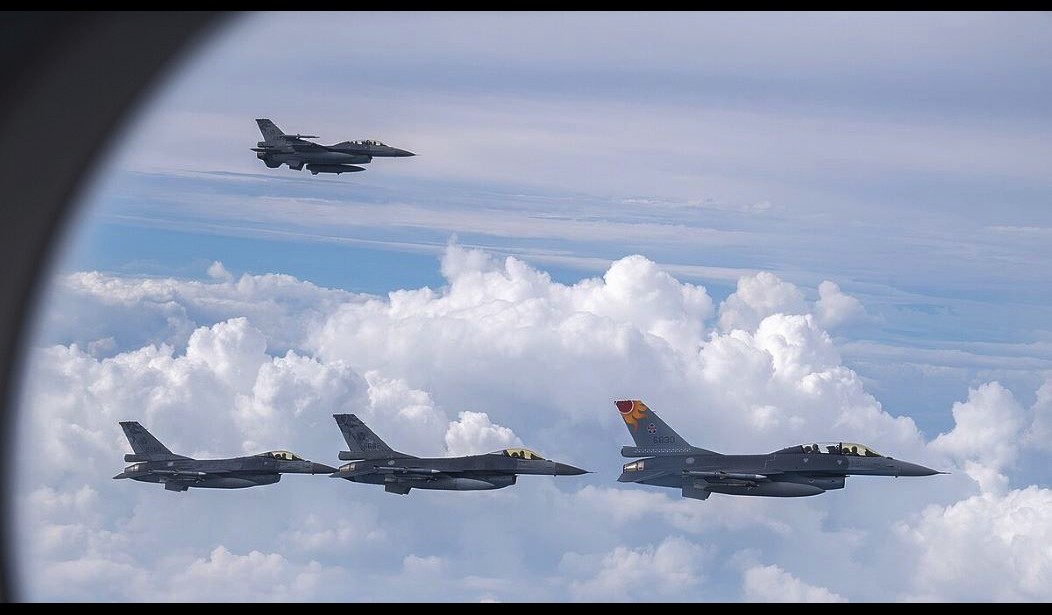The Chinese government placed sanctions on two American defense contractors on Wednesday due to their support of arms sales to Taiwan. These sanctions also freeze the assets of General Atomics Aeronautical Systems and General Dynamics Land Systems held within China and also ban the management of the two companies from entering China. Both companies make products and or parts for products that are in use by the Tawainese military. General Dynamics is known for products like the F-16, an American strike fighter that the Tawainese also fly, and the Gulfstream brand of executive business jets, while General Atomics is known for advanced Unmanned Aerial Vehicles like the MQ-1 Predator and MQ-9 Reaper.
“The continued U.S. arms sales to China’s Taiwan region seriously violate the one-China principle and the provisions of the three China-U.S. joint communiqués, interfere in China’s internal affairs, and undermine China’s sovereignty and territorial integrity,” China’s Foreign Ministry said in a statement. It insists that the mainland and the island to which Chiang Kai-shek’s Nationalist forces fled amid civil war in 1949 remain part of a single Chinese nation.
These sanctions come after repeated threats of sanctions by the Chinese government against American companies, though these threats have largely subsided after COVID due to the Chinese economy taking a massive hit when foreign investments largely went away and saw high unemployment. However, a recently passed law effectively calls for China to retaliate against American sanctions or restrictions placed on Chinese officials who are accused of human rights violations against the people of China. General Dynamics has several Gulfstream and jet aviation services operations in China, while their fully owned entities are registered in Hong Kong. China, still to this day, relies heavily on foreign aerospace support and services, while it continues its attempt at modernizing and expanding its own presence in the commercial aviation industry.
China has threatened action against foreign companies and governments that aid Taiwan’s defense and the U.S. military presence in the region, leading to commercial boycotts and diplomatic standoffs.
China banned American firms Lockheed Martin Corp. and Raytheon Missiles & Defense from the Chinese market in retaliation for the use of one of their planes and a missile to shoot down a suspected spy balloon that flew over the continental United States last year. Similar balloons have frequently been discovered floating over Taiwan and into the Pacific Ocean.
This raises a grave concern or question as to why American defense contractors are operating, in any capacity, outside of America, let alone in China. It does not take a genius to look back all throughout human history and note that one's enemies and or adversaries always take a keen interest in the dealings of each other. Spying has always been a threat, and China is a very capable opponent. So it makes no sense for any defense company, or any company that deals with secret intellectual property for that matter, to locate a part of their operation in a hostile environment. The federal government has been very careful in levying sanctions on Chinese defense companies or entities, some would say too careful, for fear of upsetting China. All because we rely so heavily on Chinese manufacturing for a significant percentage of products sold in America. China's actions against the United States warrant the same treatment they give to us, yet we let them slide on almost everything.
The Chinese government is not shy about its involvement in arms trades and deals, especially with adversarial countries to the United States. For the last 15 years, the People's Liberation Army Navy has been expanding its operations in the South China Sea. Manufacturing manmade islands to establish naval bases that encroach on Philippine and Tawainese islands and territory. They routinely harass and conduct unsafe intercepts of American and other nations' military aircraft flying in international airspace. Yet the American government has largely allowed these incidents to transpire without any response or punishment. It was in 2009 and 2013 when the Chinese government was suspected of conducting industrial espionage against Lockheed Martin and other hacking efforts against the Defense Department. These incidents resulted in a significant amount of technological data and other classified information about the still-in-development F-35 Joint Strike Fighter being stolen and winding up in Chinese hands. China was developing its own stealth fighter, the Shenyang FC-31 at the time, now known as the J-35, and it is remarkedly similar to the American F-35 in both design and performance.

The public policy of the United States Government is that of a "one China policy." This means that we do not refer to Taiwan as the Republic of China, because the People's Republic of China claims the island nation as its own. Our government officials are on record as saying we do not support independence for Taiwan. Yet we publicly send money, military assistance, and material support for their military. Help us understand why we support Tawain but don't support them at the same time.















Join the conversation as a VIP Member